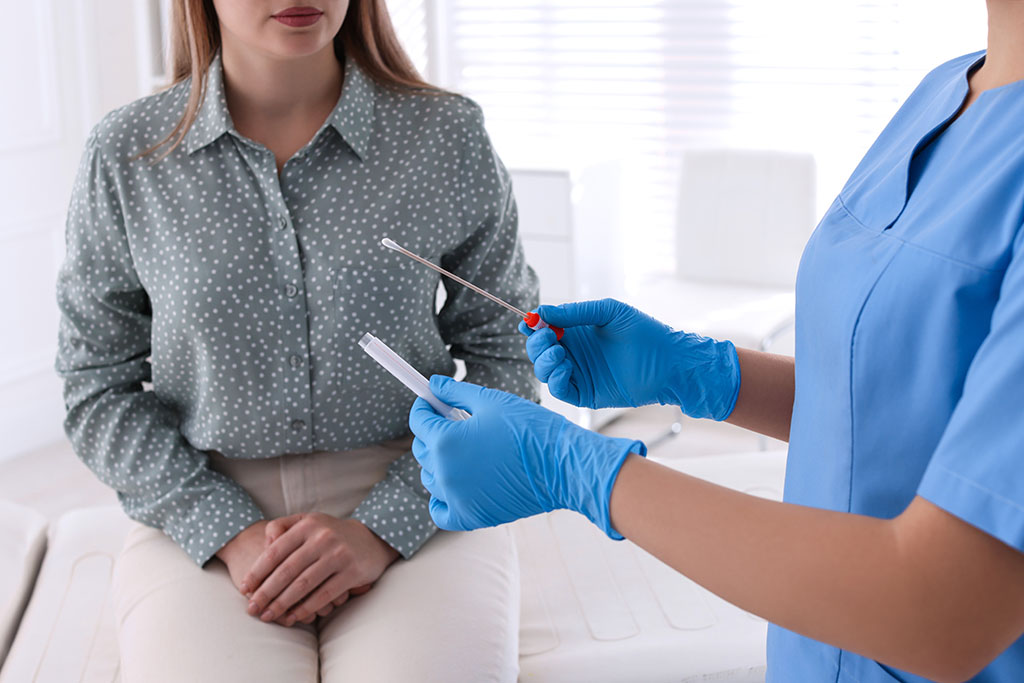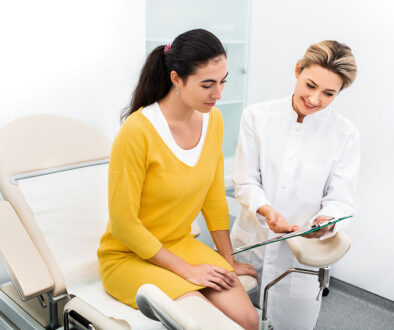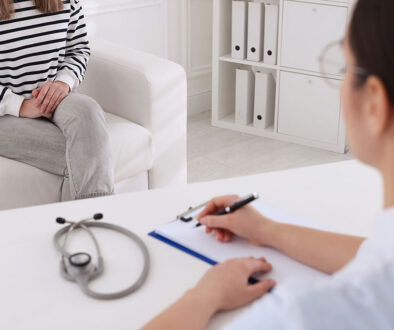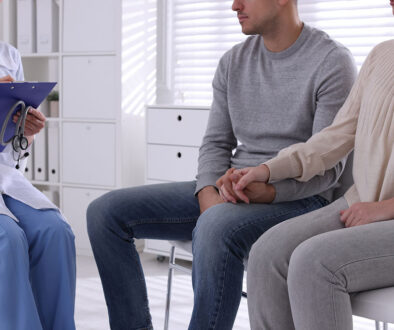Effective Treatments for the Most Common STDs
When was the last time you were tested for the most common STDs? You may think that just because you have no symptoms, you aren’t infected. However, there are several STDs that don’t show any symptoms. This means one of these diseases can spread easily because your partner may not realize that they have it.
But early treatment and detection is vital because if not, you could face some serious complications, including infertility.
Don’t worry. Our gynecologists in Raleigh are well-equipped to treat STDs—and we offer a “no judgment” zone. We don’t ever want you to be embarrassed to talk to us. Your gynecological health is simply too vital to your overall well-being.
We’ll review some effective treatments for the most common STDs—and list indicators that you might have one.
Do I Have One of These Most Common STDs? If So, How Do I Get Rid Of It?
First, we want you to know that some STDs can be effectively treated. We’ll review the most prevalent STDs, along with a brief overview of symptoms and any possible treatments.
1. HPV – The Human Papillomavirus
This is the most common STD in the United States, and its main symptom is genital warts, although it is possible to have HPV with no symptoms. This is why it is so easy to spread HPV without realizing it.
Treatment: While there’s no treatment for the virus itself, there are treatments for the complications it can cause. Genital warts can be treated with medication. HPV also increases your risk for cervical cancer, but regular Pap smears can help us detect it when it is at its earliest–and most treatable– stage.
2. Herpes
Itchy and painful genitals are indicators that you may have herpes. You may also have pain when you go to the bathroom.
Treatment: While herpes has no cure–the virus remains in your body throughout your life–there are medicines you can take to help control outbreaks.
3. Trichomoniasis
This is a very common STD. If you have any of its symptoms–-foul-smelling discharge, painful urination and itching around your vagina or vulva, contact us for an appointment.
Treatment: Typically, “trich” can be treated with a round of antibiotics.
4. Gonorrhea (aka “The Clap”)
Did you know that gonorrhea doesn’t only affect your genitals? It can have an impact on your eyes, throat and rectum. Symptoms include pus-like discharge, painful urination and abdominal pain. If you find that you are bleeding between periods, or bleeding after sex, schedule an appointment because this is one of the indicators that you could have gonorrhea.
Treatment: This sexually transmitted disease can be treated with antibiotics.
Associates in Women’s Health: Offering Treatment for the Most Common STDs in the US
Anyone can catch a sexually transmitted disease.
You’re not necessarily immune, however, by practicing safe sex and following precautions, you can dramatically reduce your chances of getting one.
If you’ve exhibited any of the symptoms above, please schedule an appointment with us. We’ll offer effective treatment in a non-judgmental atmosphere. Contact us today.





